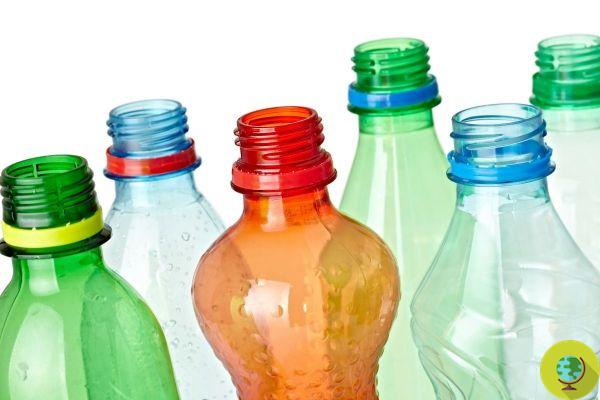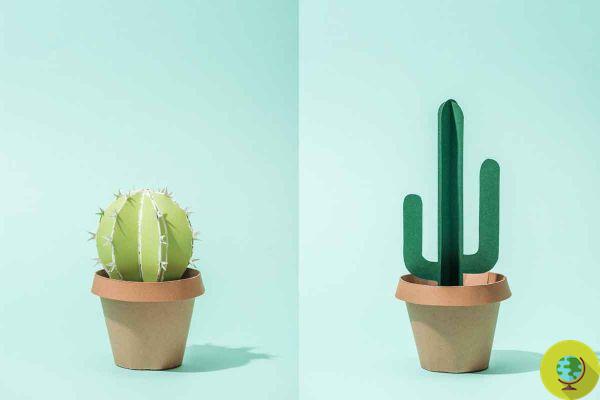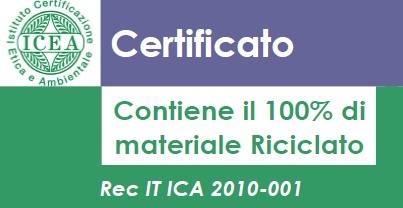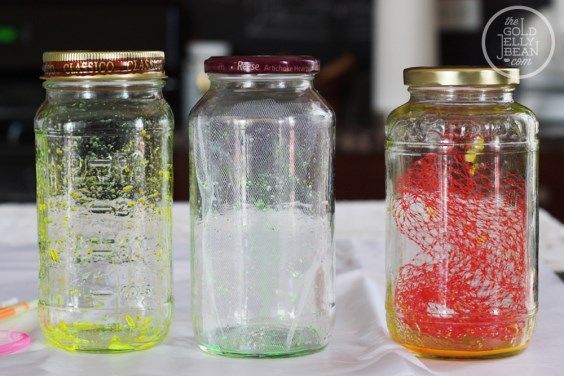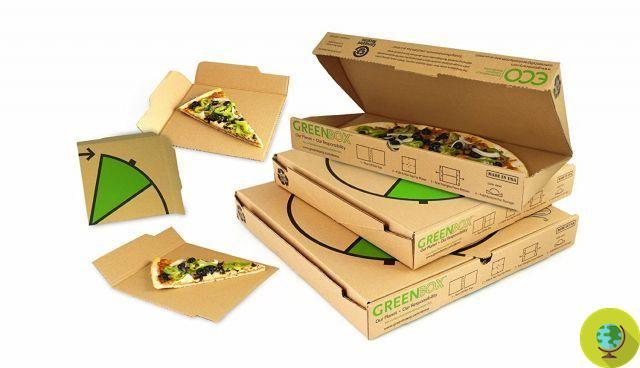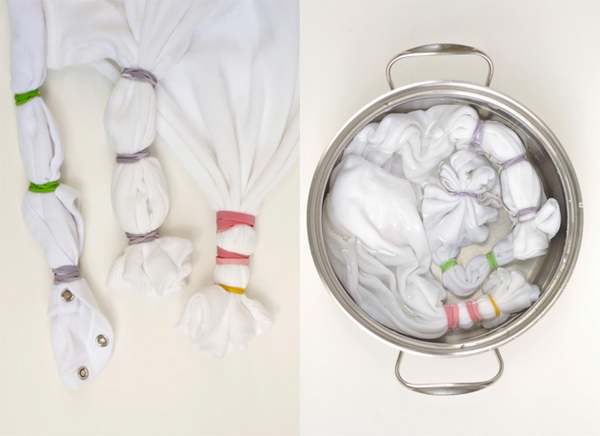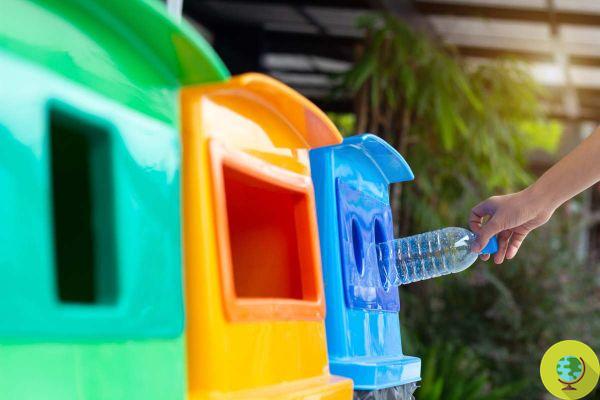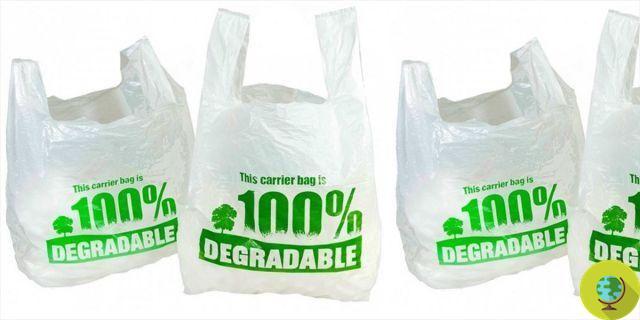
IBM is developing a revolutionary type of plastic that is entirely biodegradable and biocompatible. The study, conducted by the American multinational together with Stanford University, was recently published in the Macromolecules journal of the American Chemical Society. The article outlines the discoveries that aim to develop this new type of plastic that could have sustainability implications in a wide range of sectors including healthcare and microelectronics.
He is about to end up run over, his mother saves him
La IBM is developing a revolutionary type of plastic that is entirely biodegradable and biocompatible. The study, conducted by the American multinational together withStanford University was recently published in the American Chemical Society's journal Macromolecules. The article outlines the discoveries that aim to develop this new type of plastic that could have sustainability implications in a wide range of sectors including healthcare and microelectronics.
The study aims to apply organocatalysis to the “ecological” chemistry of polymers through a new approach that uses organic catalysts, making it possible to develop well-defined biodegradable molecules produced from renewable resources. Explains Josephine Cheng, IBM's Vice President of Industry Research: “We are exploring new ways to apply technology and our expertise in materials science to a sustainable and ecologically sound future. The development of new families of organic catalysts - continues Josephine Cheng - brings greater versatility to "green" chemistry and opens the way to new applications, such as the production of biodegradable plastic, improvement of the recycling process and the transport of drugs ".
In short, according to what the company reported, this type of new plastics could lead to solving even one of the major problems related to the disposal of the product: that of plastic bottles disposable, one of the most demanding environmental challenges. In fact, it is estimated that they are used every year 13 billion plastic bottles. The problem is that, despite being the recyclable plastic, the materials made with recycled plastic bottles are disposed of in landfills: in this case we speak of a "second generation reuse". All of this means that, in the United States alone, more than 28 kilograms of plastic packaging per capita are not repeatedly recycled.
Specifically, the studies in the field of ecological chemistry conducted by IBM and Stanford University, aim to create a new process that is capable of reverse the curing process, i.e. the creation of the synthetic macromolecule of the plastic, regenerating the monomers to their original state. In addition, IBM collaborates with scientists from the King Abdulaziz City for Science and Technology (KACST) with the aim of develop the recycling process for polyethylene terephthalate plastics as well (PET), commonly used in containers for food, drinks and other liquids.
Finally, these important advances hold promise not only for plastics, but for plastics as well biomedical. For example, many anti-cancer drugs are often so powerful that they attack both cancerous and healthy cells. The use oforganocatalisi could lead to the creation of custom polymers that are capable of transporting the drug to a specific cell or region.
While waiting for this revolutionary discovery to be applied in everyday use, let's remember some ideas for recycle plastic bottles.
Lorenzo Briotti






